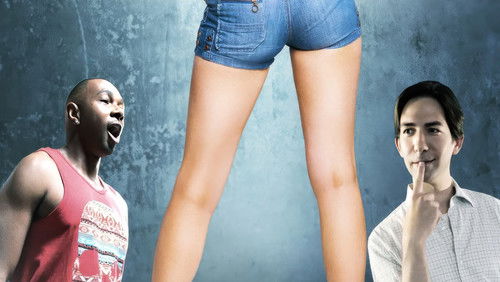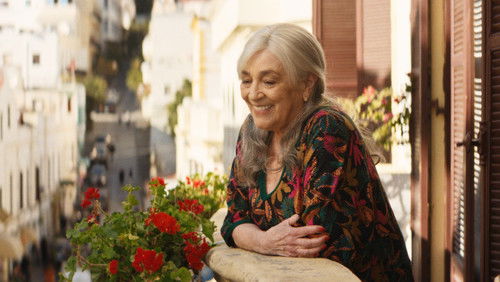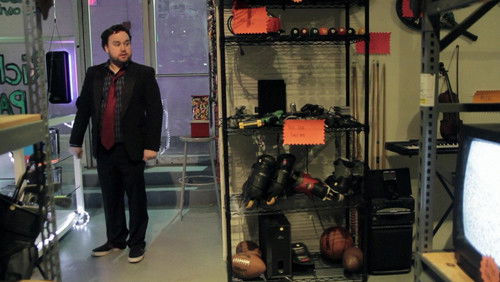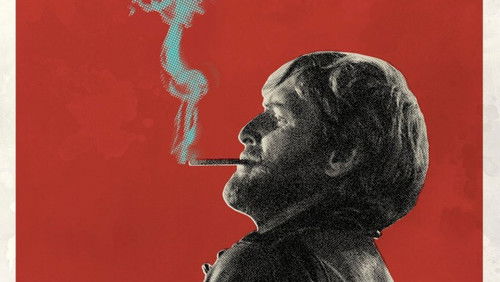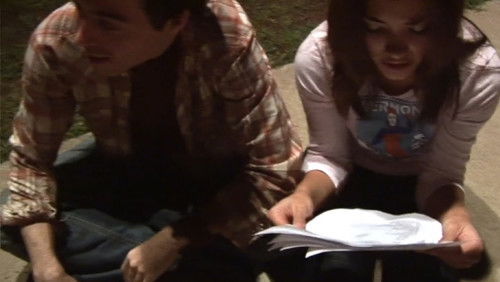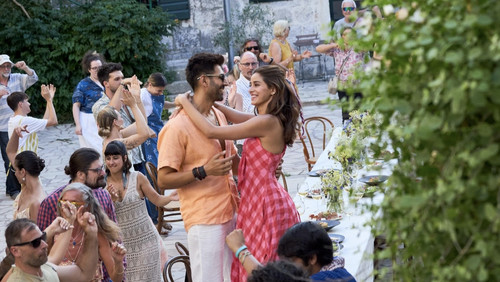Der vierzehnte Juli (1933)
35KDer vierzehnte Juli: Directed by René Clair. With Annabella, George Rigaud, Raymond Cordy, Paul Ollivier. Jean is a young cab driver. Anna, a flower-girl neighbour, is in love with him. But he is still thinking to Pola, who just left him. Jean asks her to the bal. Many events (Pola’s come back, two villains…) will disturb this arising love.
“This is what they used to do every year in Paris, to celebrate their National Day (Bastille Day), the 14th of July. In thousands of streets all over the city, lights would be strung up, bunting would appear, French flags however small would protrude from windows. And for the nights of the 13th, 14th, and 15th, they would dance to small bands in the streets all night long, sometimes drinking continuously and not sleeping at all for the whole of that time. One reads about it in the books and memoirs of the period. Not that I ever saw it myself, of course, nor is there I suppose anyone alive today who can say he or she really did it. It was one of the many aspects of Paris life which died with the Nazi invasion in 1940 and never came back. But here it is, in all its glory, a whole film of it, directed by the inimitable René Clair. There are several laugh out loud moments in this film, and many tragic ones as well. Clair portrays a tapestry of life as it was lived in the streets at that time, with the naughty urchins laughing and running about with no traffic to deter them, the flower girls, the arguing taxi drivers, the snobs, the poe-faced matrons, the wicked concierges, the cleaners, the café owners, the bar girls, and the Apaches who are stealing wallets and getting up to no good. People laugh, people cry, hearts are broken, and then mended again. The beautiful Annabelle plays the character Anna with great charm. She starred in so many notable films, not least the great classic HOTEL DU NORD (1938, see my review). As is usually the case, Clair over-does the music on the sound track, like someone putting far too much icing on a cake which is already sweet enough. But then, who can complain of such a small fault when this is a film so delightful, amusing and full of life and charm? And by watching it we can see the lost pleasures and pain of the celebrating Paris crowds of yesteryear dancing the nights away in their annual Gallic carnival atmosphere of gaiety and innocent abandon, an era of simple pleasures which shall never come again.”

